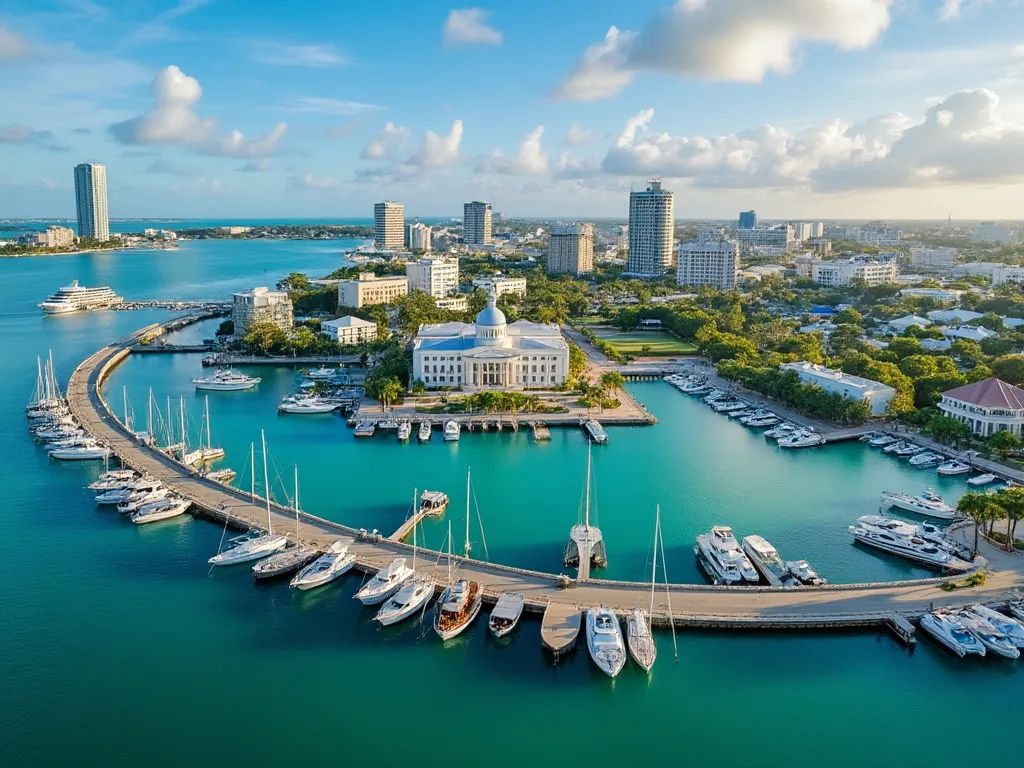
Nassau, the capital city of the Bahamas, is a bustling metropolis located on the island of New Providence. With a rich history dating back to the 17th century, Nassau has evolved into a popular tourist destination, attracting visitors from around the world with its stunning beaches, vibrant culture, and historic landmarks.
Nassau information
| Country | /flags/bahamas Bahamas |
| City Population | 274,400 (2020 estimate) |
| City Coordinates | 25.0583° N, 77.3433° W |
| City Area | 207 km² (80 sq mi) |
| Climate | Tropical savanna climate (Köppen climate classification Aw) |
| Language | English (official) |
| Currency | Bahamian dollar (BSD) |
| Time zone | Eastern Daylight Time (EDT) (UTC-4) |
| Proximity to other major cities | Miami, Florida (290 km / 180 mi), Havana, Cuba (560 km / 348 mi) |
Interesting facts about Nassau
- Nassau is home to the world's third-largest underwater cave system, the Lucayan National Park.
- The city's famous Queen's Staircase, a 65-step staircase carved out of limestone, was built by slaves in the 18th century.
- Nassau is home to the Atlantis, Paradise Island resort, one of the largest resorts in the Caribbean.
Tourist attractions in Nassau
- The Pirates of Nassau Museum, which showcases the city's pirate history.
- The Nassau Public Library and Museum, which features a collection of Bahamian art and artifacts.
- The Ardastra Gardens, Zoo and Conservation Center, which is home to a variety of tropical plants and animals.
- The Cable Beach, a popular spot for swimming, snorkeling, and sunbathing.
Historical background of Nassau
Nassau was founded in 1670 by British colonists, who named it after the Dutch royal family, the House of Nassau. The city's strategic location made it an important hub for trade and commerce, and it quickly grew into a thriving port city. In the 18th century, Nassau became a major center for piracy, with infamous pirates such as Blackbeard and Calico Jack operating in the area.
Geographical location of Nassau
Nassau is situated on the northern coast of New Providence Island, which is the most populous island in the Bahamas. The city is nestled between the turquoise waters of the Atlantic Ocean and the Great Bahama Bank, a shallow underwater plateau that stretches for miles. The city's proximity to the ocean and its coral reefs makes it an ideal location for snorkeling, diving, and other water sports.
Cultural significance of Nassau
Nassau is a city that seamlessly blends colonial history with modern culture. The city's architecture reflects its rich history, with many buildings dating back to the 18th and 19th centuries. The city is also home to a vibrant arts scene, with numerous galleries and museums showcasing the work of local artists. The annual Bahamas Junkanoo Carnival, a colorful festival that celebrates Bahamian culture, is held in Nassau every year.
Economic importance of Nassau
Nassau is the economic hub of the Bahamas, with a strong focus on tourism, finance, and international trade. The city is home to the Nassau Container Port, one of the busiest ports in the Caribbean, and the Lynden Pindling International Airport, which serves as a major gateway to the region. The city's economy is also driven by the financial sector, with many international banks and financial institutions having operations in Nassau.
Conclusion on Nassau
In conclusion, Nassau is a city that offers something for everyone, from its rich history and culture to its stunning natural beauty and modern amenities. Whether you're interested in history, culture, or simply relaxing on the beach, Nassau is a destination that is sure to leave you with lasting memories.
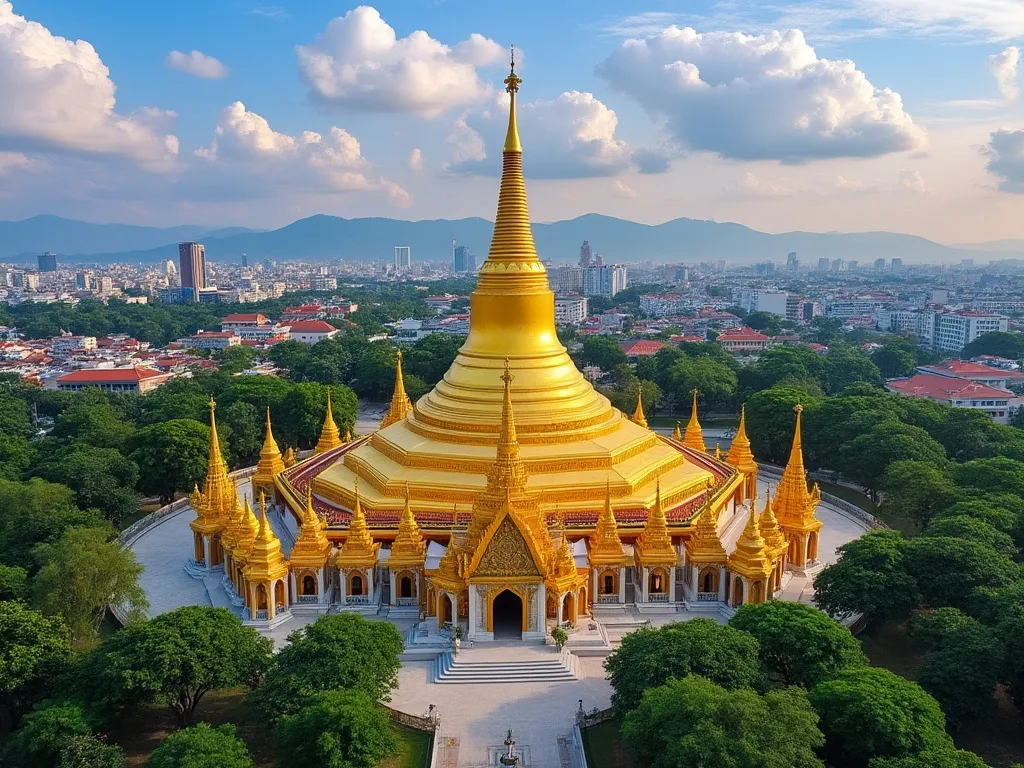 Naypyidaw
Naypyidaw
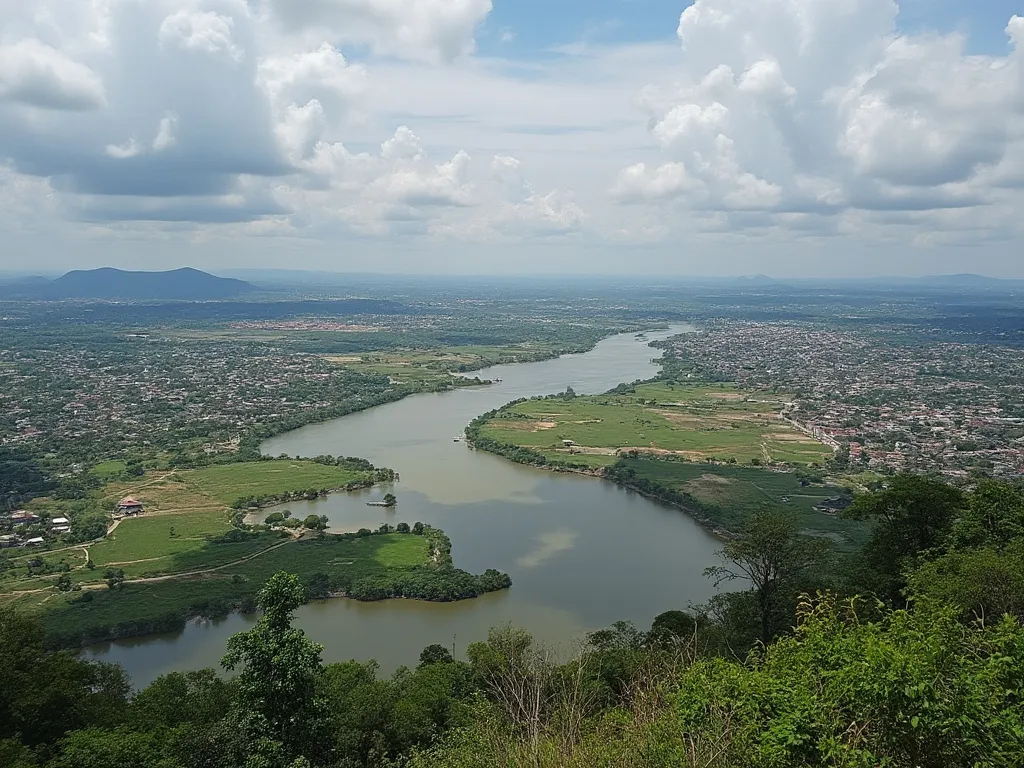 N'Djamena
N'Djamena
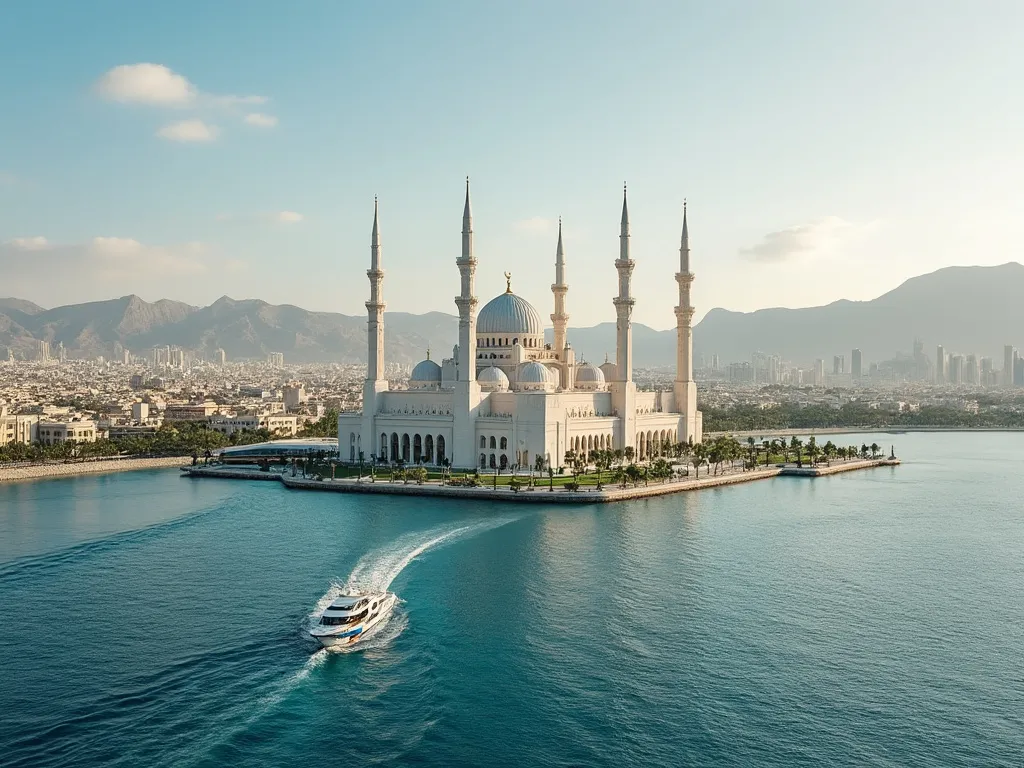 Muscat
Muscat
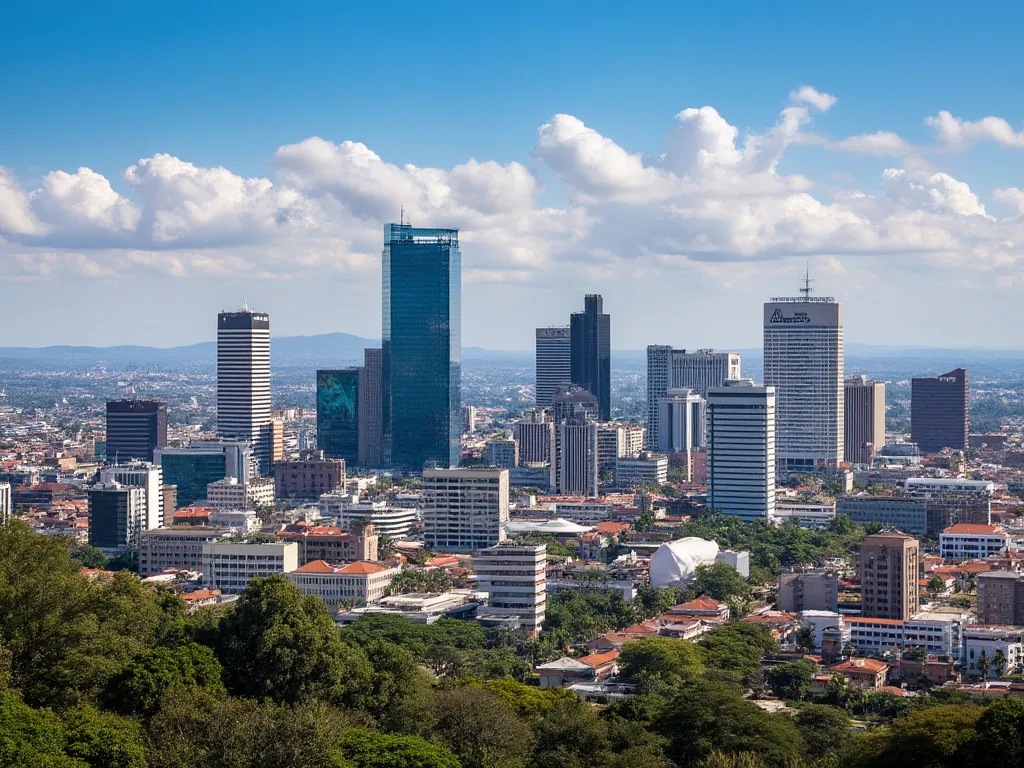 Nairobi
Nairobi